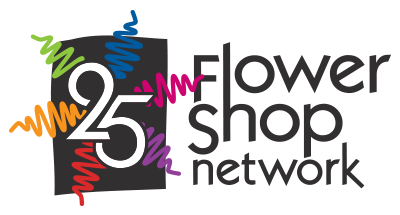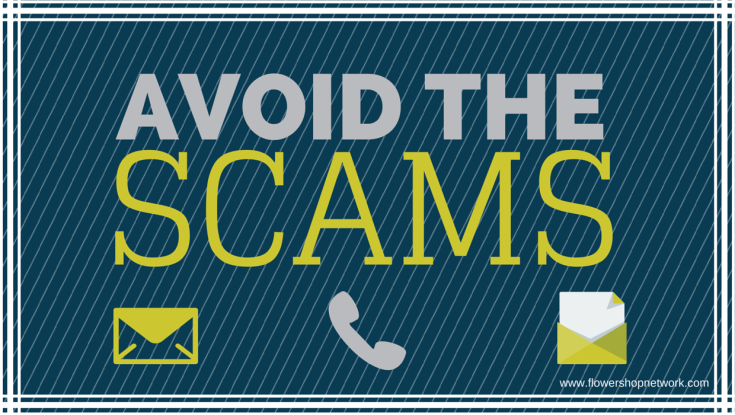As a business owner, it’s your job to protect your business in every way–especially toward scams.
Scams come in many different forms, such as phone calls, emails, and even through “snail mail.” Here are a couple of things you should know to protect yourself against scams.
Phone Calls
In a lot of cases, scammers are very sneaky and really make you think they are real. They can say they are from a reputable company like Google or Yahoo, and most of the time they know some information about you and your business, like your full name. So, it’s easy to mistake scammers for the real thing. Here are some ways to weed out those scammers:
- Request a signed copy of any promotional materials you allegedly agreed to be faxed to you.
- Request a copy of any recording of any phone conversation where you might have agreed to anything.
- Request an email with links or further documentation where you would have agreed to anything.
Emails
Scam emails are easier to weed out–especially since your own email provider will have a scam filter. Yet, a couple of these sometimes make it to your main inbox. Here is how to determine if it is a scam:
- Broken English- Many of these scams originate outside of the U.S., and the messages can be very choppy. Sometimes, it looks like a fill-in-the-blanks type of text that was copied from a template.
- Shipper Agent- This is a tell-tale sign that it is a scam. Why are they paying an outside shipper instead of having you deliver them yourself?
Snail Mail
While paper mail scams may be less common, they do still occur. If you have a website, chances are you have received a solicitation to list your website on search engines. These scams confuse business owners because they come in the form of an invoice. Here are some ways to determine if it is a scam:
- Read the fine print. Such scams, like from Web Listings Inc., say in small print that this is not a bill but a solicitation.
- Don’t send money to a company you don’t recognize. If you are unsure about the “bill,” give the company a call. Sometimes you will find, like with Web Listings Inc., they don’t have a phone number listed.
- Fear of losing visibility on search engines can drive people to pay without questions. Search engines have no problem finding websites new and old, so there is no need to pull out your checkbook without doing some research first.
Information is your best protection against scammers. So stay informed and question everything before you agree to send a check.


 Find Your
Find Your 
I’m a designer at The Gilded Lily Florist in Spokane. Recently the owner asked me to investigate the unusual number of hang-up calls we get. What I found out is this is also a scam. What they do is call many businesses, allow only one ring, and see if they call back. If they do, there is a charge. They are small charges to your phone bill, so you may not even notice them. But incrementally, they make a killing. These calls never show a name on caller ID. They always say “out of area”. Florist shops that get so much of their business from the phone are so much more likely to call back, hoping it was a call for an order. Don’t do it….not unless your caller ID shows a name or at least a city.
If you would, please post this with your other scam alerts.
Thank you,
Katie Webb